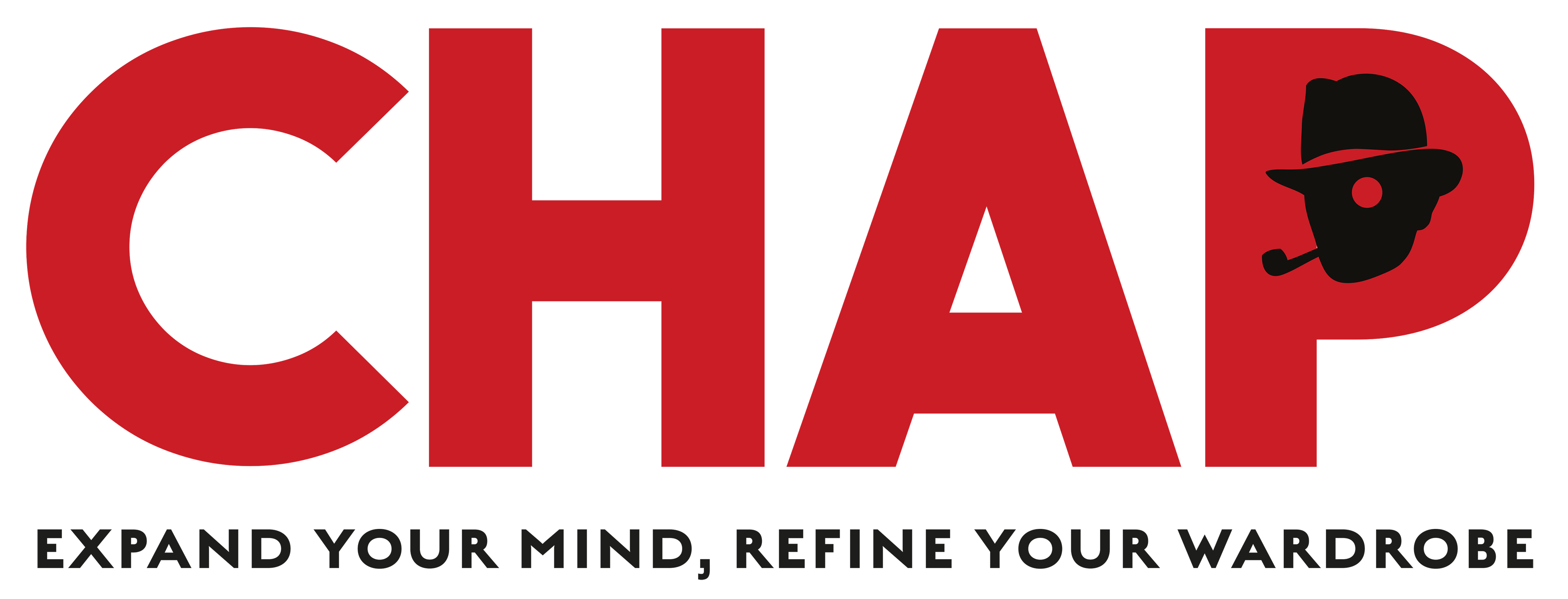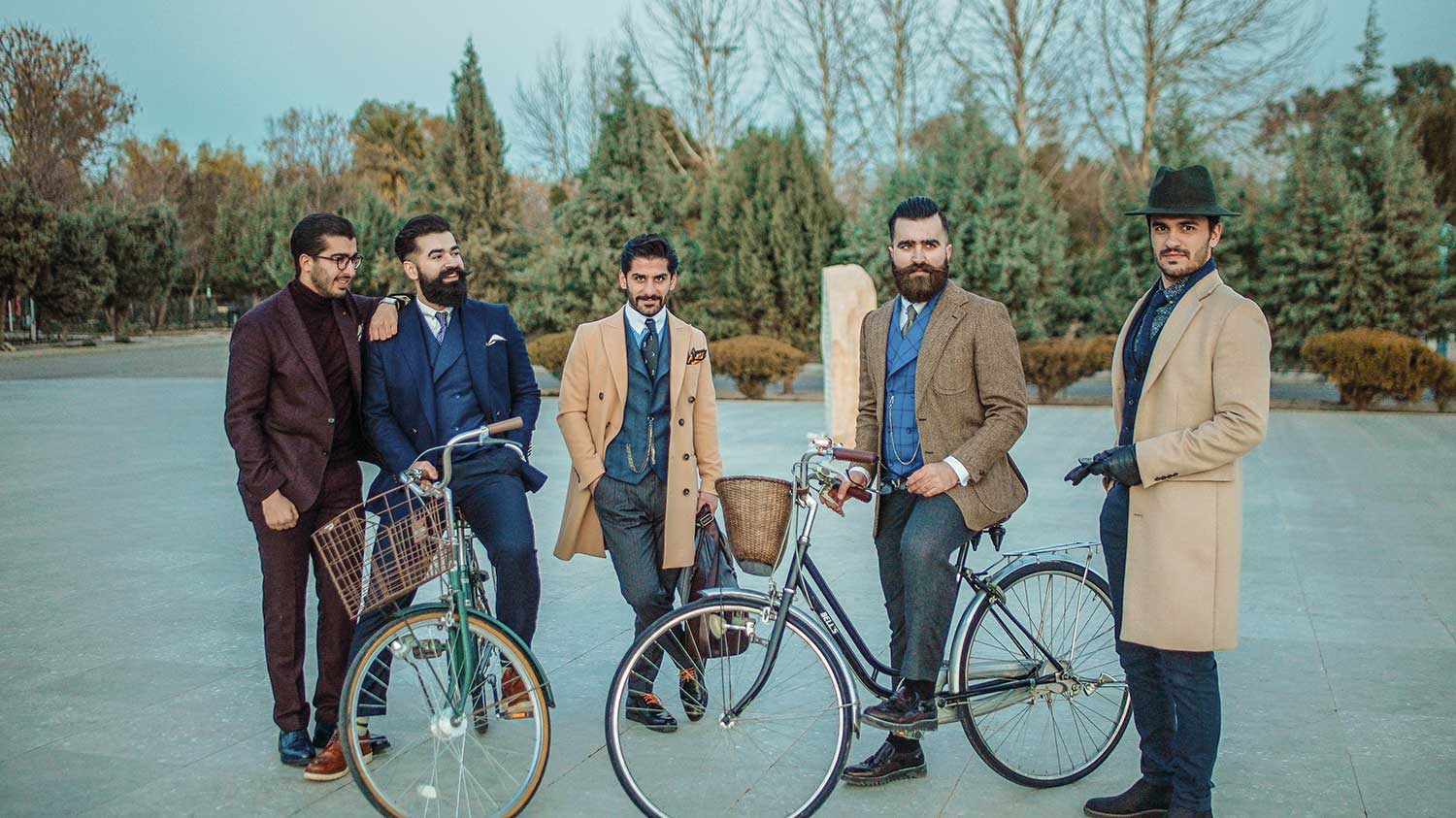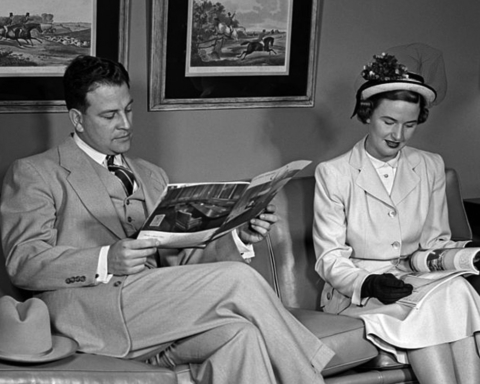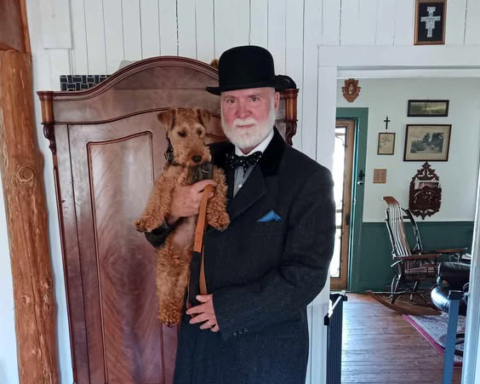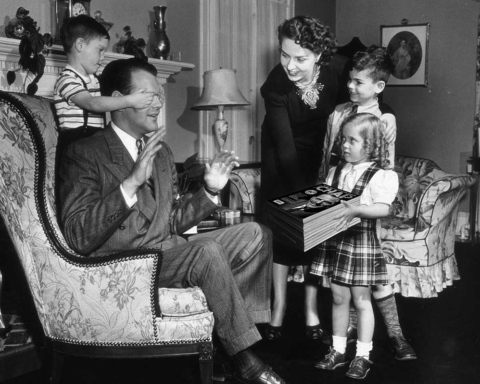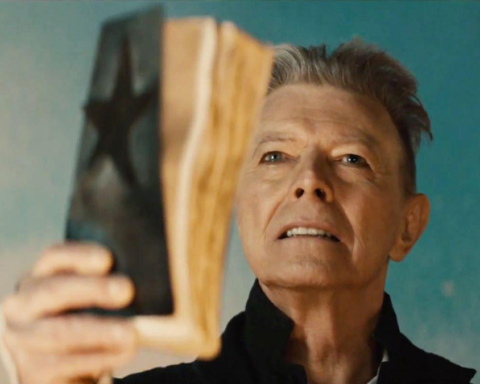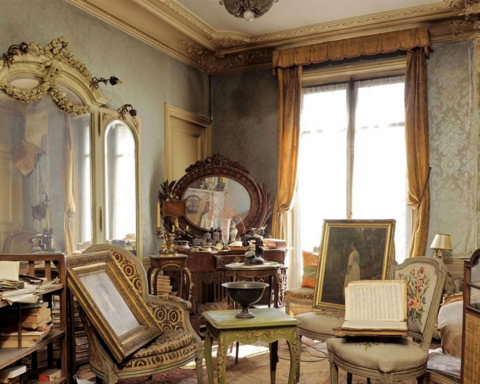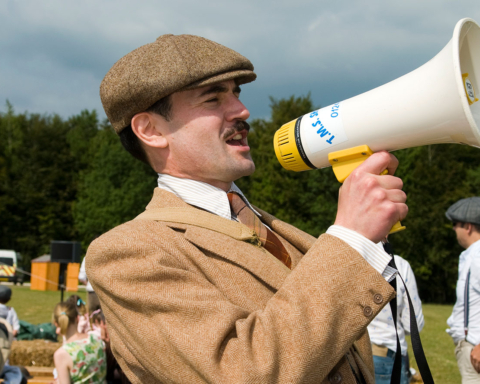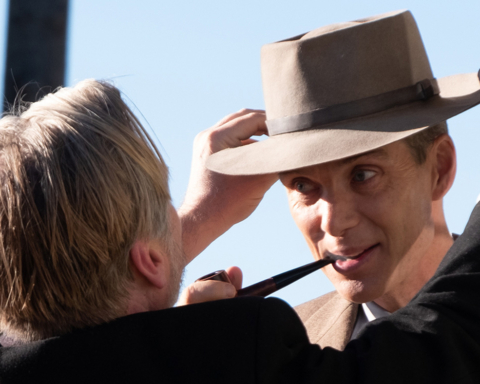Elizabeth Fitt: Relaxing over shisha, at a cafe in the English Quarter of Erbil, Iraqi Kurdistan, the three founding members of Mr Erbil are all smiles and a reassuring grasp of the English language rare in these parts. Ahmed Nauzad, sports a rather fine navy vest (bottom button undone) with matching polka dot pocket handkerchief (Presidential Fold). Goran Pshtiwan and Omer Nihad are lower-key, in Italianate slacks and leather jackets. They sip black tea from small glasses.
“We are never involved in religion or politics. We have many different religions in our gentlemen’s club – it doesn’t matter, we accept everyone, as long as they are human, that is all”
Billed as the next Dubai, Erbil circa 2013 was booming – investors backed large scale development as the post Saddam era, oil infused economy, shook out its dusty feathers and strode Phoenix-like towards Independent Kurdish wealth and prosperity. Jump to April 2017 and that dream is in tatters. The economy of the Kurdistan Region puts one more in mind of a road kill crow, ravaged as it has been by budget cuts from Baghdad and the continued influx of Syrian Refugees and Iraqis displaced by the ISIS conflict, at a cost of 1.5billion USD per year. On top of this, the fall in global oil prices has hit the Kurdish Region hard. Public services are woefully inadequate, with fewer than 7 hours of national grid electricity per day and the population is struggling with severe austerity measures and an unemployment rate of 14%. The reality of this has left public sector workers (a little over 50% of the total workforce of the region) facing pay cuts of up to 75% and salary arrears stretching to months on end.

What does one do when faced with such a situation? Well according to Nauzad, what one doesn’t do is rest upon one’s laurels,
“Sitting at home doing nothing won’t help at all – you must be creative and take action” he states.
And so began an initiative to take on these difficult times with a stiff upper lip, a rather natty moustache comb (more of which later) and the desire to inspire a new generation of Kurdish people to take pride in their heritage and shape their own destinies.
Mr Erbil is a gentlemen’s club. Nauzad and Pshtiwan explain that, among other things, the purpose of their club is to change attitudes to Kurdish products and culture, both within Kurdistan and globally, while motivating Kurdish youth to take their own initiative and build the future they want to see. Now in their late twenties, the three founders have known each other since their school days. They have a long standing passion for the finer points of gentleman’s attire, rooted initially in admiration for Florence based Pitti Uomo. They sought to emulate their Italian contemporaries, but with a twist – viewing men’s fashion as a means to gain traction with a broad audience and do good (as well as an excellent means to the end of looking rather splendid, naturally).
The members of Mr Erbil, some 30 odd in number, come from all walks of life: Mechanics, Engineers, Doctors, Barbers, Civil Servants, and Tailors. This is a deliberate strategy according to Nauzad, who points out that in order to change attitudes, people must first feel connected. Broadening the variety of members broadens the scope of those who can relate to Mr Erbil. Pshtiwan adds,
“We are never involved in religion or politics. We have many different religions in our gentlemen’s club – it doesn’t matter, we accept everyone, as long as they are human, that is all”

Splendidness aside, the economy, human rights and the environment are the three areas closest to the heart of Mr Erbil. The hook may be sartorial in nature, but the desire to inspire and support others to instigate and further their own change in these three areas goes deeper. They intend, through channelling their new-found fame into creating a global platform from which to raise awareness, to put Kurdish culture and products on the map.
Their penchant for the sartorial has lead Mr Erbil to design their own line of gentlemen’s attire. Their clothes are inspired not only by the styles they loved so much growing up, but also the unique local fabrics of the Kurdish region. All their pieces are made up by tailors in their home town of Erbil and fabrics are sourced from Kurdistan, lending much needed support for the local economy. For the time being, their designs are limited to personal use by a lack of start-up capital. However, they hope to launch a gentleman’s necktie range this month. The stuff of which these ties are made is called Krr. Made from goat hair taken from village goats clipped seasonally, Krr is found nowhere else, this neckwear is one of a kind.
What would Mr. Erbil like to say to followers of The Chap? “London Chaps have always been an inspiration. It’s never about the cut of the suit; it’s about the cut of the heart.”
Mr Erbil members are also rather taken with discreet male grooming and have launched a beard care range called Rishn (meaning Beard in Kurdish), complete with both beard and moustache combs. They aim to equip the bearded and/or moustachioed gentleman with everything required to maintain luxuriant yet cultivated facial hair growth with pride. If their own beards are anything to go by, Rishn products are something no be-whiskered gentleman should be without. The profusion of perfectly coiffed beard in the room is really quite mesmeric. Initially their Rishn products and neckties will be available only locally. Shipping costs from Iraqi Kurdistan remain prohibitive for the time being, with postage fees considerably surpassing the cost of a tie.

Among other humanitarian activities, the members of Mr Erbil are passionate about women’s rights, specifically in raising awareness of Kurdish women active in their local communities and empowering them to further develop their own businesses. This is not limited just to those in Kurdistan, but open to Kurdish women all over the world. Their Thursday Inspiration slot regularly features inspiring Kurdish women who have settled in other countries, as well as those resident in Kurdistan. The effects of the Thursday Inspiration slot are sometimes profound for the businesses featured – a couple of teenage jewellery designers in the nearby town of Sulaymaniyah found themselves deluged with months’ worth of orders in a matter of days. In an area where sexual equality is not a priority and the absence of equal rights remarkable, for an inherence so ingrained as to render invisible the very idea that one’s rights as a woman may be compromised, this sort of thing is important. That is not to say that the women here are all overwhelmingly oppressed, they are not. But little credence is given to the concept of women as equals.
Nauzad says there’s little chance of changing the attitude and practices of older Kurds regarding the environment, but certainly hope for younger generations who are currently ill informed about the impacts of their lifestyle choices. In an effort to combat this, Nauzad, Nihad and Pshtiwan have begun by organising a campaign centred on Newroz (Kurdish New Year) celebrations in March. Kurds make for the mountains for celebratory picnics with friends and family at this time, which invariably results in areas of natural beauty becoming littered with plastic and other detritus. Mr Erbil intends to highlight the unsightly and negative environmental impacts of such behaviour and instil more of a sense of pride in this beautiful region. Armed with pride, the hope is that Kurdish people will also take responsibility and provide more careful guardianship of their homeland.
The passion and energy with which these gentlemen pursue their aims is admirable – having faced seven months and counting of no pay check appearing in his bank account, Nihad, who works full time at the Erbil Stock Exchange could certainly be forgiven were his form to appear a tad sub-par. On the contrary, with absolutely no discernible tremor of the upper lip, he talks excitedly about hopes for the future and gives off an air of expansive positivity that is contagious. Nauzad has likewise experienced the backlash of the economic crisis first hand and, having recently become separated from his role with a private sector equipment company, intends to embrace the work of Mr Erbil on a full time basis. Pshtiwan, who is currently in the final throes of a Business Management degree, is equally sanguine.
Nauzad elaborates on his hopes and dreams for the future of Mr Erbil,
“I want Kurdish people to have pride in the quality of Kurdish products. And for our products to sell worldwide, in America and Europe. We need to show big business men here that importing is not the only way, we can export as well.”
And then he tilts his head, smiles and mentions a certain hankering for a gentlemen’s club headquarters, “With a coffee salon, a barber, a tailor, everything a gentleman needs to look after himself well.”
I had one last question for Mr Erbil – What would they like to say to followers of The Chap? And it was this “London Chaps have always been an inspiration. It’s never about the cut of the suit; it’s about the cut of the heart.”
Pictures: Mustafa Khyat and Shwan Blaiye

